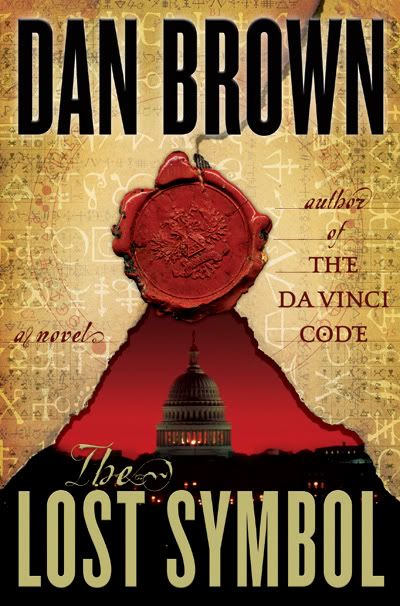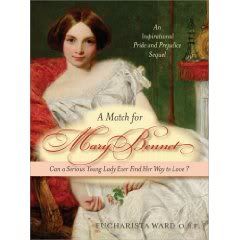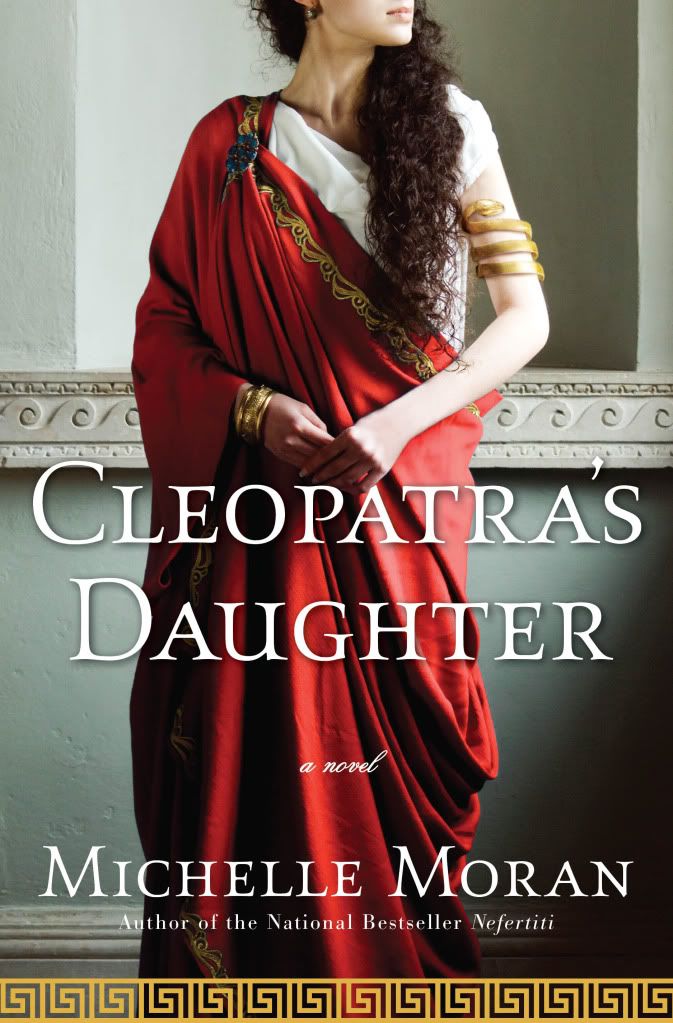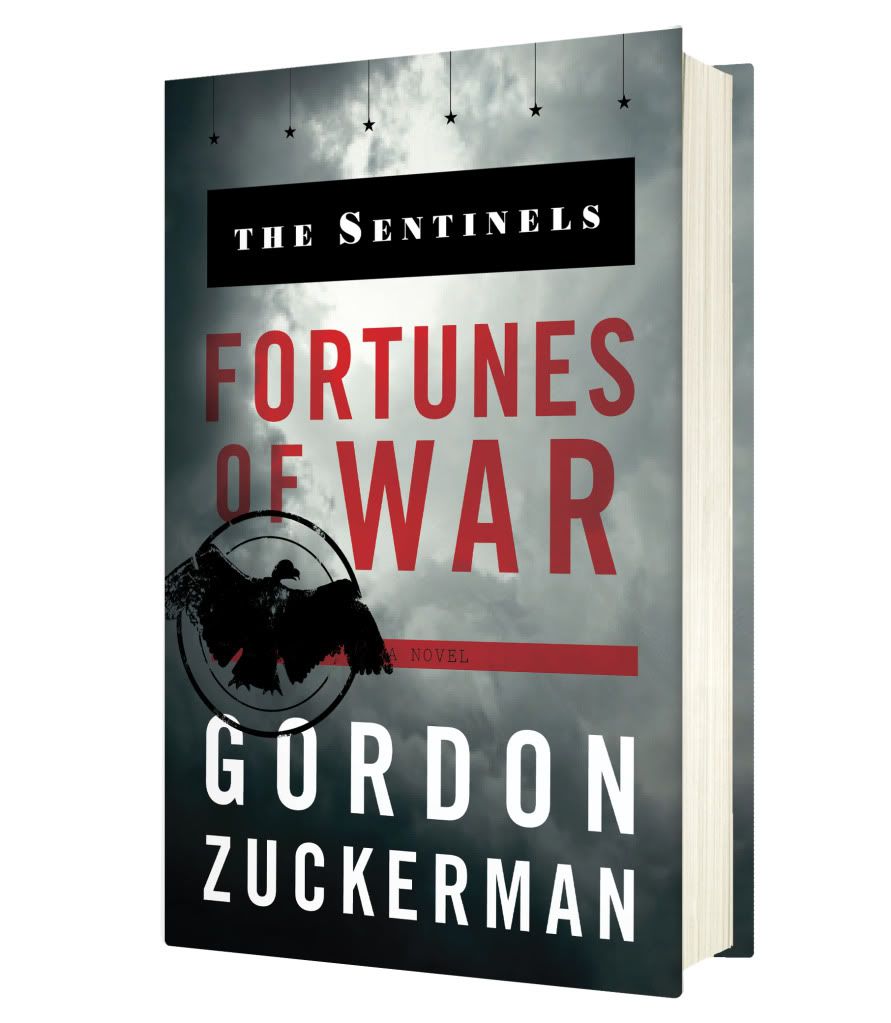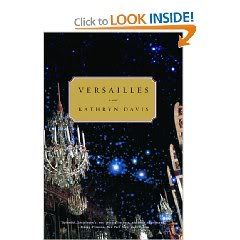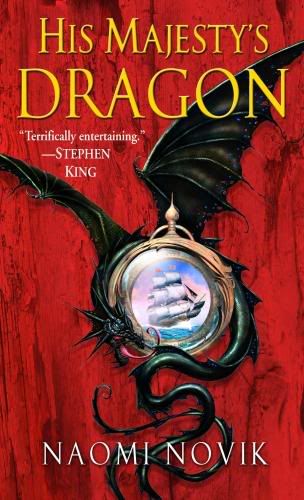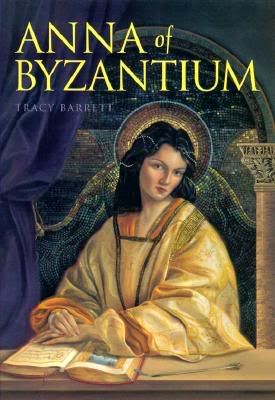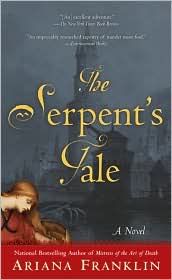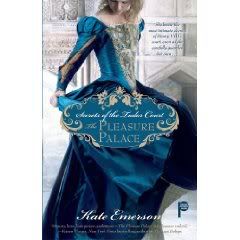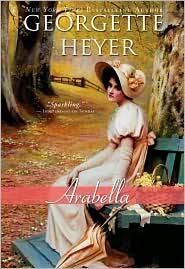
Cover: Your average Regency romance. Pretty cute, though!
Summary: Arabella Tallant is a young lady poised on the edge of adulthood towards the end of the Regency period when she gets the chance to spend a season in London. While her family is by no means poor, they are also not wealthy, so they depend upon the graces of their wealthy friends and their abilities to scrimp and save so that Arabella can have the season she deserves.
But before she can arrive in London, a chance encounter with the dashing and embarrassingly-wealthy Mr. Beaumaris at his hunting lodge changes everything. You see, Arabella might have somehow led him to believe that she's someone that she's not. A very very rich someone. It was a matter of social vengeance that led her to do it, but nevertheless she will have to reap the consequences when he discovers she is not who she says she is.
Of course, Mr. Robert Beaumaris is not all that meets the eye; he is hiding a part of himself from Arabella, too. Even as the celebrated "Nonpareil" of London high society, where every move he makes is copied by the simplest would-be dandy, his true nature is unknown to all but a cherished few. He's tired of every fortune-hunter falling prettily into his lap. When Arabella and her inexplicable caprices cross his path, however, he is more than intrigued; in fact, he may have found someone who has seen through to his true nature. The question remains: has he seen through to hers?
You can bet that high-jinks ensue.
My Review: I really, really liked Arabella! I have to admit, right now it's right underneath Venetia as my favorite Heyer. Here's why I like Arabella in particular:
- She is cunning and spunky without being anachronistic. That's not to say that despising your society's conventions is necessarily anachronistic, but... I easily tire of books where the "heroine" doesn't "understand" why she must wear a dress and go to parties and marry someone she doesn't necessarily know that well, when all she'd rather do is put on a pair of "trousers" and match wits with the boys. See, because unless you're Philippa Gregory and you're writing the novel Meridon, that's a really hard act to pull off and make it somehow plausible. What Heyer does here, in this novel, is make a typical Regency young lady quite feisty and likable without making her so much of a standout from her society. She longs to go to London for her first season. She secretly researches the latest French fashions when her strict pastor father is not looking. She likes to think of herself as fragile even though she has quite a hardy constitution (but fragility is so much more romantic!). She tries not to think too hard about the men she might meet in London because she's more than a little excited about the possibility of getting married. She's very much a product of her environment, and yet a standout, likable character.
- She is so pretty, but shy of receiving hand-outs from people, that she compels them to give her hand-outs that they otherwise had had no intention to give. Seriously. This happens, like, numerous times throughout the book.
- She manages to persuade Beaumaris into doing nearly anything for her. Similar to above, although Beaumaris's acts of generosity involve taking in orphaned chimney sweeps and mongrel dogs. But that's how you know he looooves you...
- When Beaumaris calls her out on enjoying all the attention she gets as an heiress, she giggles and is like, "Yeah, I know, right?"
In particular I liked that the book focused almost entirely on Arabella herself, and since Heyer developed such a likable heroine, this was the exact right way to go. Sometimes Heyer can go off on describing a scene from a minor character's point view, but in a way that detracts from the story and sloooows the pace down (I'm talking about you, Bath Tangle). Or else she gets caught up in a weird story arc with a side character that is neither likable nor terribly important to the reader (ahem, Bath Tangle). Not so at all with Arabella; we get to read almost solely about Arabella and Beaumaris (and, anyway, it's a romance, so you don't reeeaally care about anyone else, when you're being honest) and otherwise about her brother Bertram, who gets up to some high-jinks of his own while racing about London... under his own alter-ego, of course...
In fact, aside from the wonderful romance, the best part was reading about the brother-sister dynamic between Arabella and Bertram. Heyer has some brilliant moments in this book, and their relationship, and how that relationship is affected by their strained relationship with their father, is relatable and adds so much depth to their characters.
Here was one of my early favorite passages:
It was quite impossible to explain to Papa why one chose rather to play truant, and afterwards take the consequences, than to ask his leave to do something of which one knew well he would not approve.
Bertram skipped lessons for a day and went off hunting only to come home with a broken collar bone, and all their father can do is ask Why?, and you know the kids are sighing and rolling their eyes like, Do I have to keep admitting to you over and over that sometimes I do stupid things? and I love it because that's what you do with your parents, whether you're in the Regency era or in the 1990s. You don't get each other, and sometimes you willfully don't get each other. And then when the other gives way and admits you were right, in the first place, you feel guilty for having been right... and it's just such a cute little truism of life, and one of many that Heyer always manages to capture in her novels.
Overall, I really liked this book and would recommend it to Austen fans, to anyone new to Heyer (I think it would be a great starter book for a Heyer reader), or the general historical romance fan. I don't know how you could be disappointed in it!
Buy this book on Amazon


